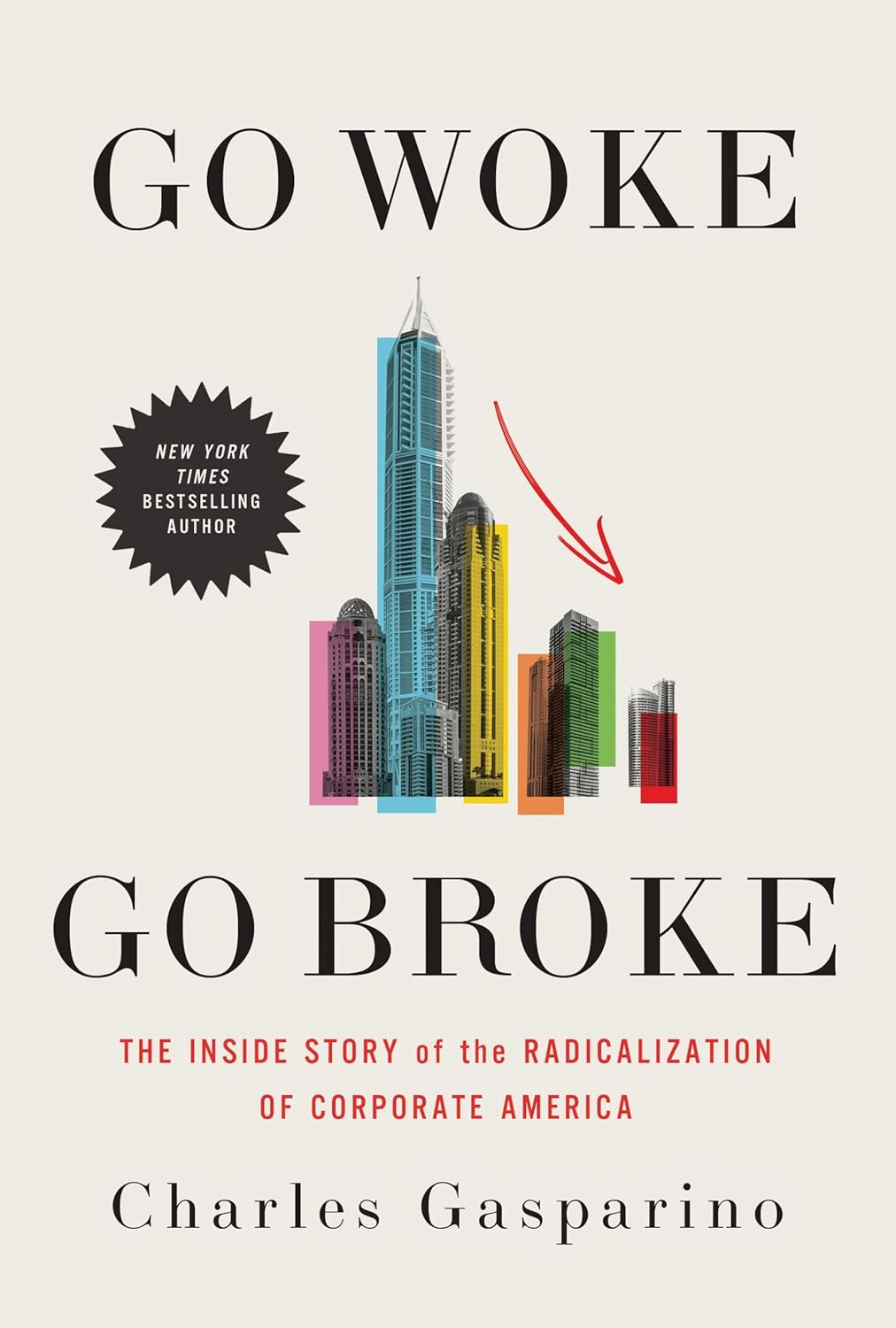
The Everything War: Amazon’s Ruthless Quest to Own the World and Remake Corporate Power
Book Description
At the heart of a corporate battlefield, one titan wields relentless ambition while reshaping the very landscape of commerce. "The Everything War" reveals Amazon’s audacious campaign to dominate every corner of the market, dismantling traditional power structures and rewriting the rules of capitalism. As alliances crumble and competitors are crushed, the fight for control becomes a gripping spectacle of innovation and ruthless strategy. Dana Mattioli pulls back the curtain on the hidden machinations behind Amazon’s empire, exposing a world where the stakes are impossibly high. What lessons lie within this relentless quest for supremacy, and at what cost?
Quick Book Summary
In "The Everything War," Dana Mattioli delivers a revealing investigation into Amazon's meteoric rise and its sweeping impact on global commerce, technology, and society. The book exposes the company’s single-minded pursuit of dominance, driven largely by founder Jeff Bezos’s vision to make Amazon indispensable to every facet of modern life. Mattioli details Amazon’s aggressive tactics, from leveraging customer data and squeezing suppliers to challenging regulatory boundaries and outmuscling competitors. The narrative shows how Amazon has systematically dismantled traditional retail and upended industries far beyond books and e-commerce, leaving competitors and observers questioning the long-term consequences for free markets, workers, and consumers. Mattioli asks what is gained—and what is lost—as Amazon reshapes the rules of capitalism and exerts unprecedented influence over global supply chains and digital infrastructure.
Summary of Key Ideas
Table of Contents
Amazon’s Relentless Pursuit of Market Domination
Dana Mattioli’s "The Everything War" opens by charting Amazon’s evolution from a humble online bookstore into a global behemoth. Early chapters clarify how founder Jeff Bezos’s ambition extended far beyond books—envisioning Amazon as the marketplace for everything, using aggressive discounting, customer obsession, and rapid expansion across categories. Through tireless innovation and willingness to endure losses for market share, Amazon disarmed traditional retailers and cast a disruptive shadow over established industries.
Transformation of Corporate Power Structures
The book delves into Amazon’s corporate structure and strategy, highlighting how its logistical prowess, data-driven operations, and technological infrastructure underpin its supremacy. Mattioli explores Amazon’s willingness to experiment—whether launching Amazon Prime for customer loyalty or building AWS as a cloud powerhouse—which often forced rivals to play catch-up. Central to Amazon’s ascendancy is its strategy of scaling, allowing the pursuit of thinner margins in exchange for dominance and control over entire value chains.
Impact on Competition, Suppliers, and Labor
A major focus lies in the collateral damage of Amazon’s rise. Suppliers describe their struggles to negotiate with the digital giant, routinely squeezed for lower prices and forced to play by Amazon’s rules or risk obsolescence. Competitors, from local retailers to global brands, often find themselves edged out or outright acquired, while Amazon’s own private-label products intensify the pressure. The book also addresses labor issues, from demanding warehouse conditions to the impact of automation on job security and worker rights.
Innovation Versus Ruthlessness
Mattioli weighs Amazon's dual identity as an engine of innovation and a ruthless competitor. The company’s investments in logistics, cloud computing, and artificial intelligence have set technological standards worldwide. Yet, this creativity is counterbalanced by strategies some describe as predatory: manipulating algorithms, leveraging privileged data to undermine rivals, and zealously protecting its market position. The narrative draws a line between Amazon’s customer-centric innovation and the competitive tactics that sometimes blur legal and ethical boundaries.
Societal and Regulatory Consequences
Finally, "The Everything War" turns to the regulatory and societal implications of Amazon’s unchecked power. The book assesses how lawmakers and antitrust authorities struggle to keep pace with Amazon’s shape-shifting business model. While consumers benefit from convenience and lower prices, the narrative questions the sustainability of Amazon’s dominance for workers, small businesses, and democratic oversight. Mattioli closes with a consideration of what Amazon’s ascent reveals about capitalism in the digital age—and whether society can recalibrate as the company continues its relentless expansion.
Download This Summary
Get a free PDF of this summary instantly — no email required.





